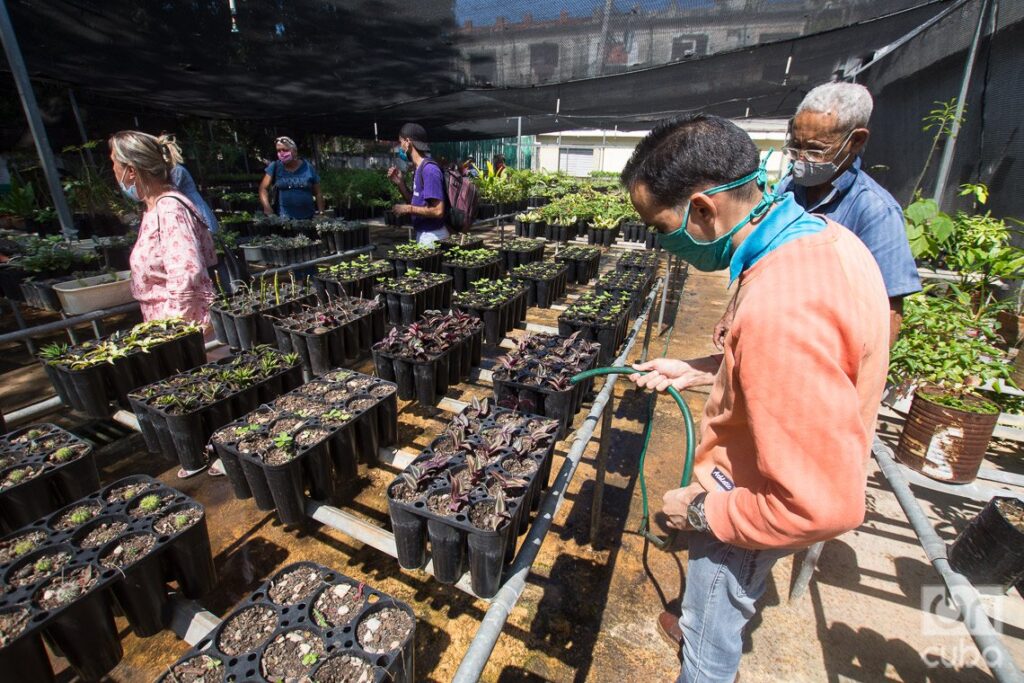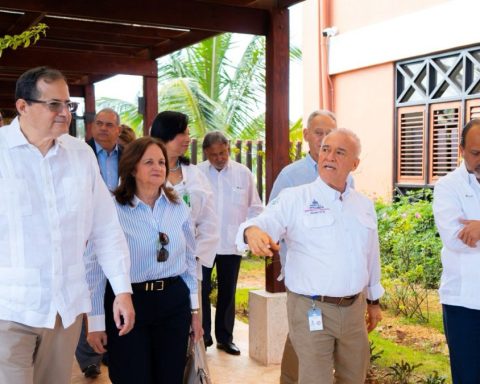Since his departure to cryptocurrency market they are in the eye of the hurricane both among supporters of their use and also among their opponents. Debates that reach the center of governments and it is increasingly common to see the different positions on the States in terms of their regularization in the countries.
(Corrupt countries use cryptocurrencies more, assured the IMF).
Given this, the discussion has gained strength over the last month as a result of Russia’s invasion of Ukraine, where both countries have made their regulatory framework more flexible “so that cryptocurrencies coexist with their respective currencies and adhere to the entire financial and foreign trade situation,” said Alejandro Beltrán, country manager of Buda.com.
“Most of the world’s governments have already realized the organic use that crypto assets are having and the conversation has already moved from prohibitive to regulatory,” said Ricardo Armenta, BitPoint’s commercial and marketing director.
(The Rappi app starts pilots in Mexico with digital currencies).
Although regulation advances unevenly around the world, since each country has its own regulatory framework, Latin America stands out from other regionssince El Salvador is the only country on the planet that currently recognizes bitcoin, one of the main cryptocurrencies, as legal tender.
A HALF ADOPTION
This Central American country completed the first six months of having bitcoin as legal tender with bittersweet results in its application. According to a survey by the Central American University in January, 70% of citizens distrust this cryptoactive.
On the other hand, according to a report by the Chamber of Commerce and Industry of The Saviorin November, a 22% of respondents confessed to having received payments in cryptocurrencies, a figure that fell to 14% last February. At the time, 92% of those consulted said that the cryptoactive did not influence their sales.
(These would be the consequences of not declaring cryptocurrencies in the country).
However, despite this little use of cryptocurrency, investment related to the sector has not stopped in what they say is a long-term bet.
HOW IS THE REST OF THE REGION?
The popularity of crypto assets in Latin America is a reality. According to Chainalysis, three countries in the region (Venezuela, Argentina and Colombia) are in the top 20 of the countries with the highest adoption in the world. In addition, the region accounts for 9% of global transactions.
In fact, according to a report by Americas Market Intelligence (AMI), 8% of the citizens of the region have invested in them, according to Bloomberg, with Argentina being the country where the most people have acquired cryptocurrencies.
Paraguay, Mexico, Honduras and Panama timidly advance in regulatory projects similar to the Salvadoran one, while Bolivia and Ecuador maintain their vetoes.
BRIEFCASE

















